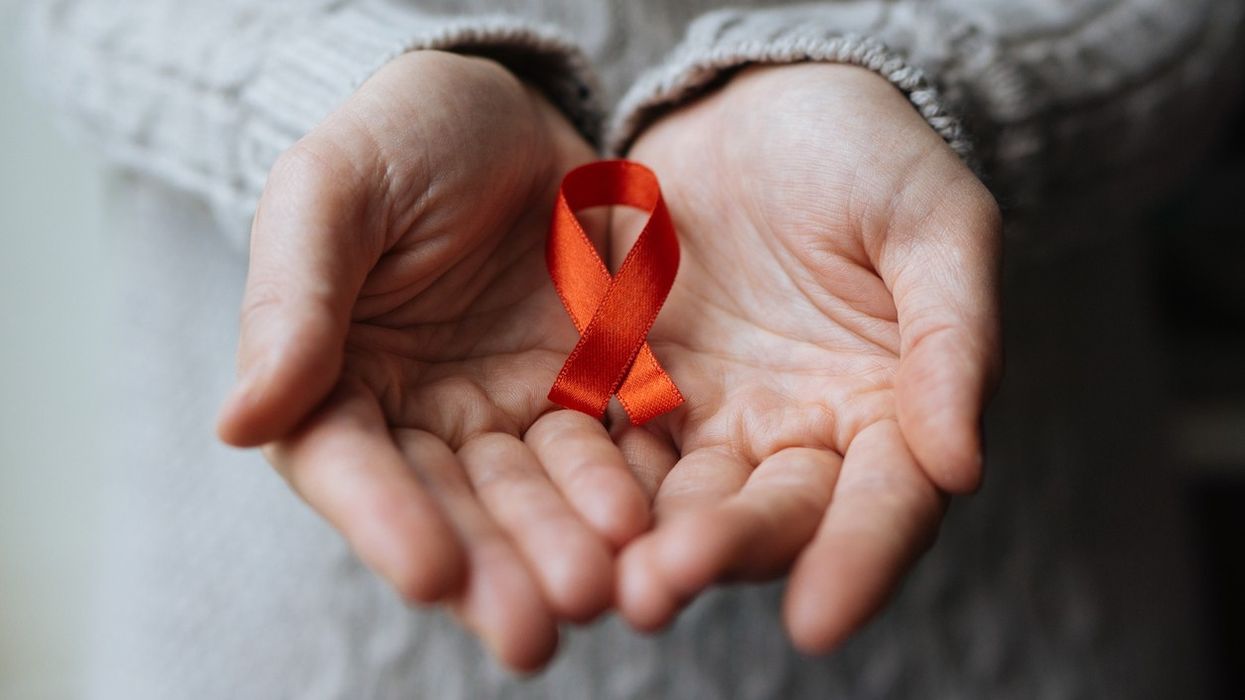Same-sex couples with non-transmissible HIV will now be able to donate eggs or sperm, giving more people the chance to become parents
The Human Fertilisation and Embryology Act will be amended via a statutory instrument to allow people with non-transmissible HIV – with a viral load low enough not to pass on – to donate eggs or sperm, known as gametes, as part of fertility treatment.
Under current rules on in vitro fertilization, only a male partner with HIV can give their sperm to their female partner and not to anyone else.
The changed law will also eliminate extra screening costs for female same-sex couples undertaking reciprocal (shared motherhood) IVF treatment.
Under current rules, female same-sex couples hoping to conceive via reciprocal IVF must first go through screening for syphilis and genetic screening, such as cystic fibrosis, which can cost over £1,000, while heterosexual couples are exempt from the screening.
It is to improve access to IVF for everyone and ensure same-sex couples have the same rights as heterosexual ones when trying to conceive.
Health Minister Maria Caulfield said the changes will allow more people to fulfil their dream of becoming parents. “These changes will help create a fairer system by removing barriers to accessing fertility care as we have set out in the Women’s Health Strategy,” she added.
To be eligible the donor's viral load should be less than 200 per millilitre and they should be undergoing antiretroviral treatment for at least six months prior to donation.
The known recipient should be aware of their HIV diagnosis and provide informed consent.
Minister for Equalities, Stuart Andrew said that "treatment for HIV has improved significantly, saving countless lives, but the stigma surrounding it persists".
He felt the changed law would help to reduce that stigma. "I am delighted by these changes which will both enable more people to experience the joy of becoming parents," he said.




